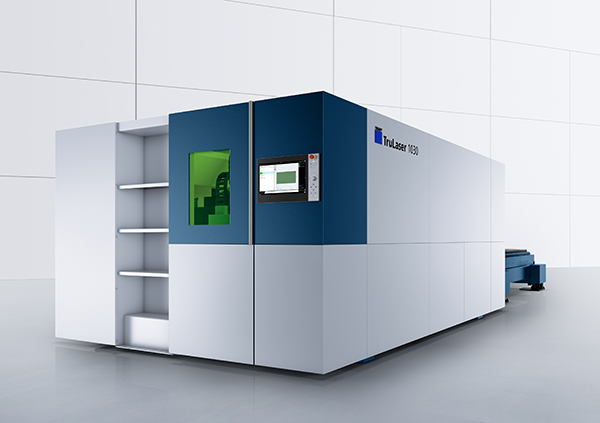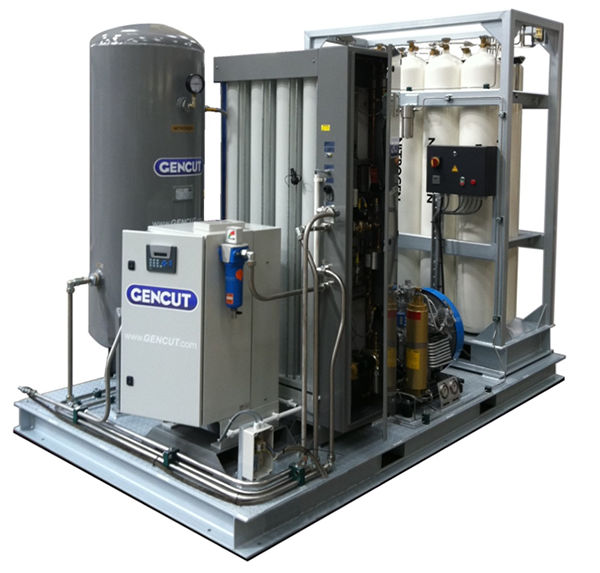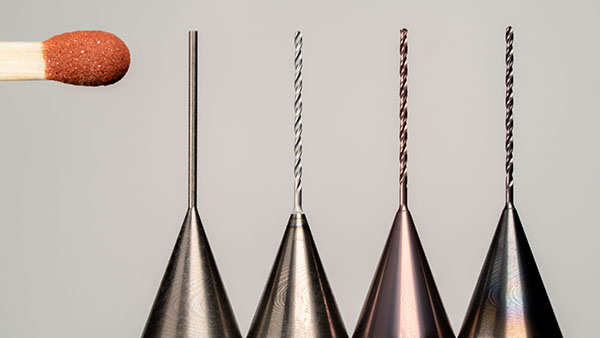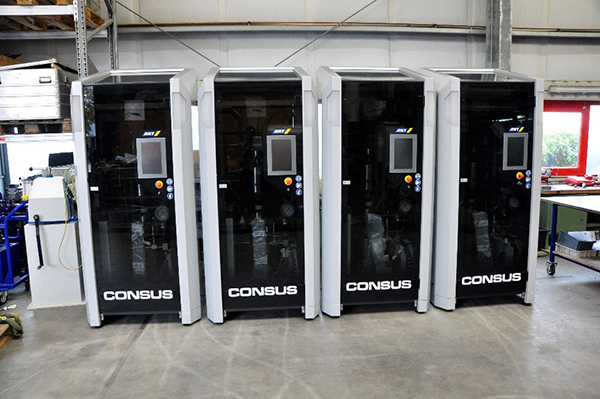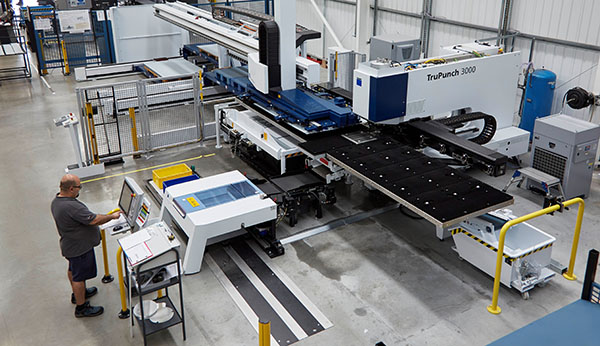A specialist in prototyping and low-volume production for a host of high-end automotive OEM and tier-one manufacturers has invested in a new TruLaser 1030 Fiber from Trumpf, the first machine of its type to be installed in the UK.

The TruLaser 1030 Fiber has enabled Essex-based ASE Design & Development Ltd to bring in-house its previously outsourced requirements for 2D aluminium and stainless steel components, which it was not able to cut cost effectively on its ageing CO2 laser cutter from another supplier.
“Our previous CO2 laser was getting older, more inefficient and slower,” states director Andrew Easter. “Such was its performance that we were sending our 2D aluminium and stainless steel parts to third-party subcontractors.”
Frustrated with the situation, the company decided to research the market for a suitable alternative. As ASE already had a TruLaser Cell 3000 3D laser cutter, which had been successful at producing a host of five-axis components since its installation in 2017, Trumpf proved the supplier of preference.
“We did look at a new flat-bed laser from our previous supplier, but the TruLaser 1030 fiber was clearly the better machine,” says Easter.
Work at ASE typically falls within the 0.5 to 4 mm thickness range, usually from aluminium, stainless steel and mild steel. Grilles, bracketry and pressings are among the common types of components produced, typically in low-volume production quantities.
“Since installing the TruLaser 1030 fiber we have stopped putting our laser cutting out to subcontractors, which is a significant saving,” explains Easter. “What’s more, we are making major savings against our previous machine in terms of running costs, as we operate with compressed air as the assist gas where possible, particularly when cutting aluminium.”
For further information www.uk.trumpf.com






